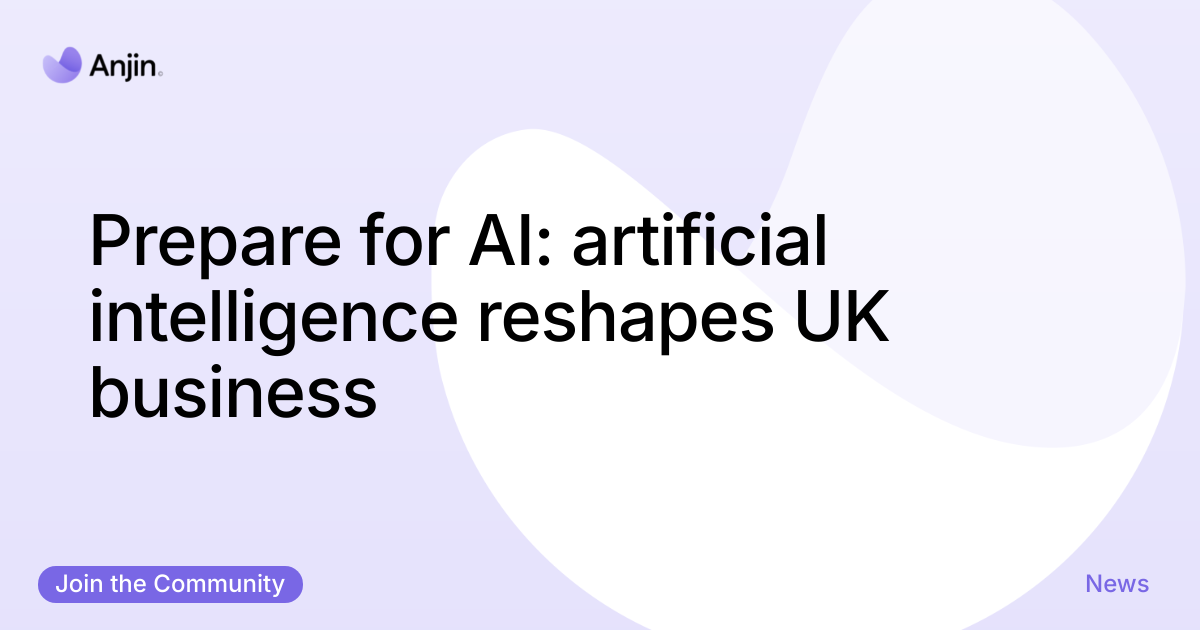AI at the Core of Duolingo’s Future
Duolingo is officially adopting an “AI-first” operating model, with artificial intelligence now driving everything from user personalisation to curriculum design. CEO Luis von Ahn confirmed that this transition is part of a long-term strategy to improve learning outcomes while increasing product efficiency and scalability.
The AI systems powering the app are now capable of tailoring lessons in real time based on user progress and behaviour — a shift the company says results in faster learning and deeper engagement.
A Shift in Staffing and Structure
As part of this transformation, Duolingo is significantly reducing its reliance on contractors, particularly in areas like content creation, translation, and curriculum testing. Much of this work is now being handled by in-house AI systems trained on language data and pedagogical models.
This doesn’t just reduce costs — it speeds up product iteration and allows for broader language support at scale.
Implications for Digital Product Teams
Duolingo’s transition mirrors a broader industry trend: digital-first businesses are moving away from manual processes in favour of intelligent automation.
For marketing and product teams, this highlights:
- The competitive edge of AI-enhanced personalisation
- The need to rethink team structures and workflows
- The growing expectation from users for adaptive, intelligent experiences
AI is no longer just a backend tool — it’s reshaping the very core of user-facing digital products.
A Signal to the Market
By positioning itself as an AI-first organisation, Duolingo is setting a precedent that many other consumer apps may follow. The message is clear: speed, personalisation, and scale are no longer human-powered alone.
At Anjin Digital, we continue to help brands adapt to this shift — whether through integrating AI into their marketing stacks or rethinking how automation can streamline engagement across the funnel.





